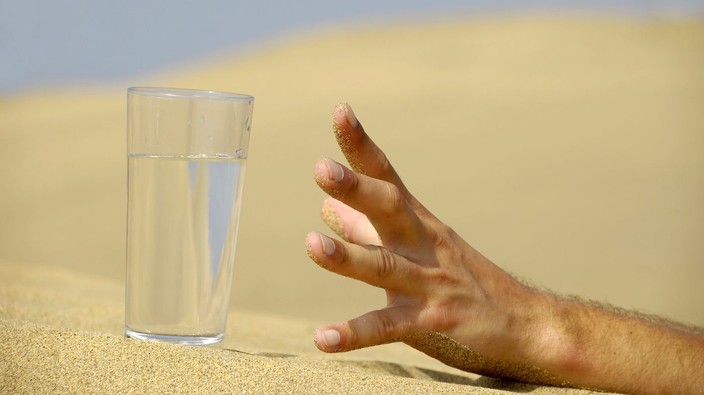utis, kidney disease, cancer: what your pee says about you
from yellow to brown to, yes, blue, the colour of your urine offers important clues about your health.
whatever you do, don't lick them: what you need to know about chapped lips
there's nothing like a cold, dry winter to crack the thin skin on our lips, but you can also blame spicy food, sun exposure and dehydration.
can you really cure a hangover?
scientists don't know exactly what causes that rotten feeling after drinking too much, or even how to make it better.
 3 minute read
3 minute read









